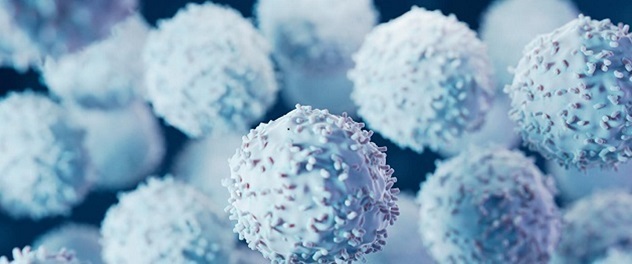 Translating scientific knowledge into better outcomes
Translating scientific knowledge into better outcomes
The Lymphoma Biostatistics and Data Science Laboratory applies analytical expertise and disease-specific knowledge to improve treatment for people with lymphoma.
Overview
Under the direction of principal investigator Matthew J. Maurer, Sc.D., M.S., the Lymphoma Biostatistics and Data Science Laboratory at Mayo Clinic uses analytic methods to advance scientific understanding about causes, treatments, and outcomes for cancers of the lymphatic system and bone marrow. In particular, the lab focuses its research efforts on Hodgkin lymphoma (Hodgkin disease) and non-Hodgkin lymphoma.
Researchers have made progress in understanding what causes these cancers and how to treat them. But there is still much to learn about prevention, diagnosis, treatment, and survivorship.
One of the lab's major research goals is to improve outcomes for patients with lymphoma by using observational and clinical trial data. The lab seeks to:
- Develop risk models, nomograms, and electronic applications to help assess risk and guide prognoses.
- Identify and evaluate novel clinical end points for disease outcomes.
- Improve the design of clinical trials and the evaluation of their results.
Another major goal is to provide expertise in data management for studies that identify lifestyle, genetic, tumor, clinical, and treatment factors that are associated with better cancer outcomes and survivorship among patients with lymphoma.
The lab is the data center for several large multicenter studies of lymphoma, including the Lymphoma Epidemiology of Outcomes Study and the International FLIPI24 Consortium. The lab also helps researchers around the world use and analyze these and other data resources.